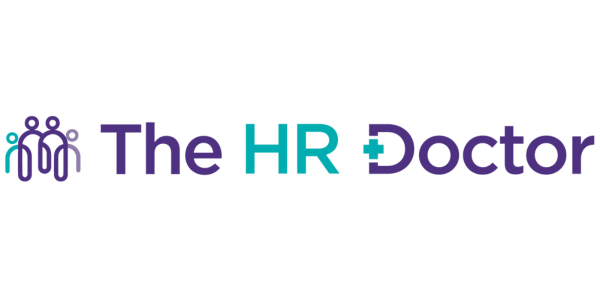Fair Work Agency: Changes and How Employers Can Prepare
Oct 15, 2025
The Employment Rights Bill, introduced to Parliament on 10 October 2024, establishes the Fair Work Agency as a single enforcement body for core employment rights.
After completing its passage through the Commons on 12 March 2025, this legislation represents the most significant change to UK employment enforcement in decades.
What Is the Fair Work Agency
The Fair Work Agency consolidates enforcement functions currently split between multiple existing agencies:
- HMRC's National Minimum Wage team
- Gangmasters and Labour Abuse Authority
- Employment Agency Standards Inspectorate
This unified approach addresses long-standing criticisms about fragmented enforcement and aims to create a more predictable and accessible framework for employment rights protection.
Current Enforcement Structure
Under existing arrangements, employers face enforcement from different agencies with varying approaches and penalties. HMRC currently has the power to impose financial penalties of 200% of any underpayment of National Minimum Wage, whilst other agencies operate separate penalty structures.
The fragmented system creates compliance challenges for employers and inconsistent outcomes for workers. Different agencies investigate similar violations using different procedures and standards.
FWA Implementation Timeline
The Fair Work Agency is unlikely to take effect until two years after a consultation period, potentially autumn 2026. However, the new Fair Work Agency will launch from early next year according to some sources, creating uncertainty about exact timescales.
The Government has indicated that consolidation will occur gradually rather than through immediate wholesale transfer of functions. This phased approach allows for system development and staff transition.
Key Areas of Focus
The Employment Rights Bill and Fair Work Agency specifically target:
- Zero hour contract protections
- Gig economy worker rights
- National Minimum Wage enforcement
- Working time regulations
- Holiday pay compliance
The shift from reactive complaint handling to proactive enforcement represents a fundamental change in approach. The Government aims to address "one-sided flexibility" and strengthen protections for vulnerable workers, aligning closely with the obligations in employment terms and conditions.
What Employers Should Expect
Whilst specific operational details await consultation, employers can anticipate:
- Single point of contact for multiple employment rights issues
- Streamlined enforcement procedures replacing multiple agency interactions
- Consistent approach to similar violations across different rights areas
- Enhanced focus on sectors with high rates of non-compliance
The consolidation should provide greater clarity about enforcement priorities and procedures compared to the current fragmented system.
Preparing for Change
Employers should review current compliance systems across all areas that will fall under FWA jurisdiction:
- Employment records - Ensure comprehensive documentation of working hours, pay calculations, and contract terms (see employment contracts)
- Payroll systems - Verify accuracy of minimum wage calculations and holiday pay entitlements
- Worker classification - Review arrangements for contractors, zero hour workers, and gig economy participants (relevant to employment status)
- Policy compliance - Check adherence to working time regulations and statutory payment requirements (including statutory rate increases)
Many employers find that hr consulting services provide valuable support in conducting these comprehensive compliance reviews, ensuring nothing is overlooked.
Current Penalties Remain
Until the FWA becomes operational, existing penalty structures continue to apply. Employers still face:
- Civil penalties for minimum wage violations
- Naming and shaming for serious breaches
- Criminal prosecution for knowing violations
- Recovery actions for underpaid workers
Professional guidance is particularly important as enforcement expectations evolve alongside broader employment law changes.
Professional Guidance Needed
The transition period creates uncertainty about future enforcement approaches and compliance requirements. Many operational details await consultation and secondary legislation.
Professional hr consulting services become particularly valuable during this transition period, helping businesses navigate evolving compliance requirements.
Moving Forward
The Fair Work Agency represents a significant shift towards consolidated employment rights enforcement. Whilst many details remain unclear, the direction of travel points towards:
- Stronger enforcement powers
- Proactive compliance monitoring
- Enhanced penalties for violations
- Greater focus on vulnerable worker protection
Employers who maintain robust compliance systems across all employment rights areas will be best positioned for the new enforcement environment, regardless of specific FWA operational details.
The HR Doctor helps businesses prepare for changing employment law requirements through the HR Health review and policy updates. As Fair Work Agency details emerge, we provide updated guidance on practical compliance steps.
Contact us for expert support in maintaining employment law compliance during this period of regulatory change.
